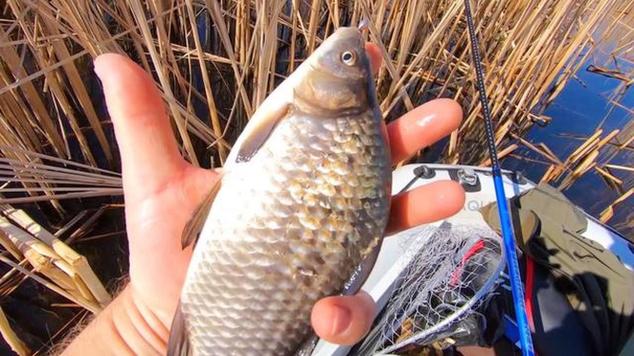禁止垂钓可以捞鱼吗英文翻译
Title: Can Prohibiting Fishing Lead to Overfishing?
In environmental management and conservation efforts, prohibiting fishing in certain areas or during specific times is a common strategy to protect fish populations and their habitats. However, there is a concern that such bans might inadvertently contribute to overfishing through the practice of "catch and release" or "catch and keep" in nearby waters. Let's delve into this topic in detail.
Understanding Prohibition of Fishing:
When authorities enforce a ban on fishing, it typically aims to achieve one or more of the following objectives:
1.
Conservation of Fish Stocks:
To allow fish populations to recover from overfishing or to maintain healthy population levels.2.
Protection of Ecosystems:
To safeguard the habitats and biodiversity of aquatic ecosystems.
3.
Preservation of Spawning Grounds:
To ensure the uninterrupted reproduction and recruitment of fish species.The Potential for Overfishing Despite Bans:
While fishing bans are implemented with good intentions, they may inadvertently lead to overfishing through several mechanisms:
1.
Displacement Effect:
Anglers who are prohibited from fishing in certain areas may relocate to nearby waters where fishing is still permitted. This can increase fishing pressure on those areas, potentially leading to overexploitation of fish stocks.2.
Increased Fishing Intensity:
In waters adjacent to prohibited areas, there might be a surge in fishing activity as anglers compete for limited resources. This heightened intensity can result in the depletion of fish populations.3.
Catch and Release Impact:
Even though fishing is banned, some anglers may engage in catch and release practices, where they catch fish and then release them back into the water. While this may seem harmless, it can still stress fish populations, especially if the released fish suffer from injuries or reduced survival rates.4.
Illegal Fishing:
Despite regulations, illegal fishing activities may persist, further exacerbating the pressure on fish stocks and undermining conservation efforts.Guidelines for Effective Fisheries Management:
To mitigate the risk of overfishing, it's essential to complement fishing bans with comprehensive fisheries management strategies:
1.
EcosystemBased Management:
Fisheries management should adopt an ecosystembased approach, considering the interrelationships between species, habitats, and human activities. This approach ensures that conservation measures are holistic and sustainable.2.
Monitoring and Enforcement:
Robust monitoring and enforcement mechanisms are crucial to ensure compliance with fishing regulations. Regular patrols, surveillance systems, and community engagement can help deter illegal fishing activities.3.
Adaptive Management:
Fisheries management strategies should be adaptive and responsive to changing environmental conditions and socioeconomic factors. Regular assessments of fish stocks, habitat health, and fishing pressure enable authorities to adjust regulations accordingly.4.
Stakeholder Engagement:
Involving local communities, fishermen, conservation groups, and other stakeholders in decisionmaking processes fosters ownership and support for fisheries management initiatives. It also ensures that regulations are practical and socially acceptable.5.
Alternative Livelihoods:
Providing alternative livelihood options for communities dependent on fishing can help reduce fishing pressure and alleviate povertydriven overexploitation of marine resources.Conclusion:
While prohibiting fishing is a valuable tool for conservation, it's essential to recognize the potential for unintended consequences such as overfishing. By implementing comprehensive fisheries management strategies that address the root causes of overexploitation, authorities can achieve sustainable fisheries and safeguard marine ecosystems for future generations.
References:
FAO. (2019). The State of World Fisheries and Aquaculture 2018 Meeting the sustainable development goals.
Costello, C., et al. (2016). Global fishery prospects under contrasting management regimes. Proceedings of the National Academy of Sciences, 113(18), 51255129.
Worm, B., et al. (2009). Rebuilding global fisheries. Science, 325(5940), 578585.










